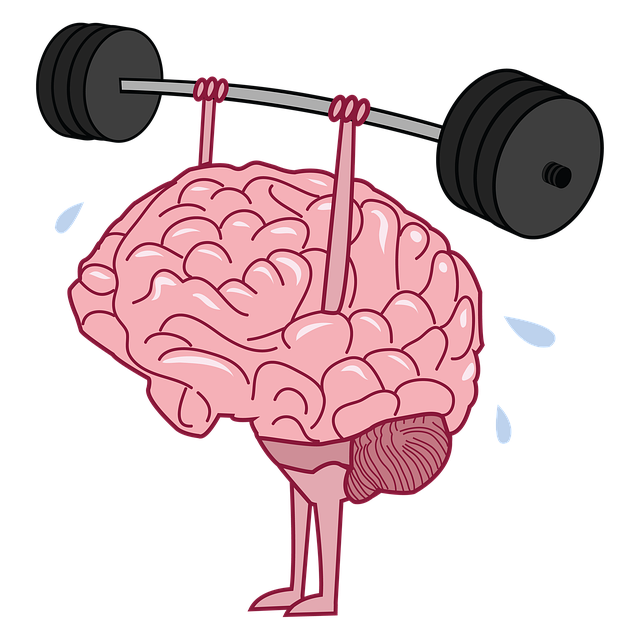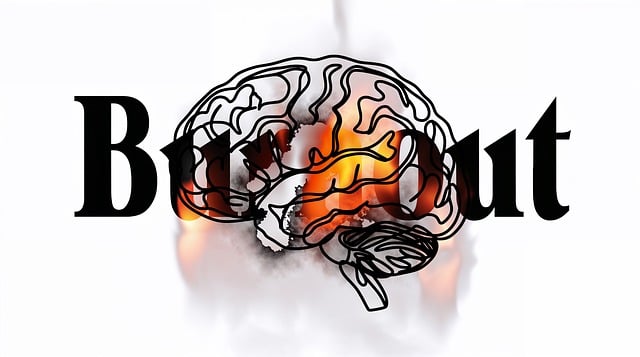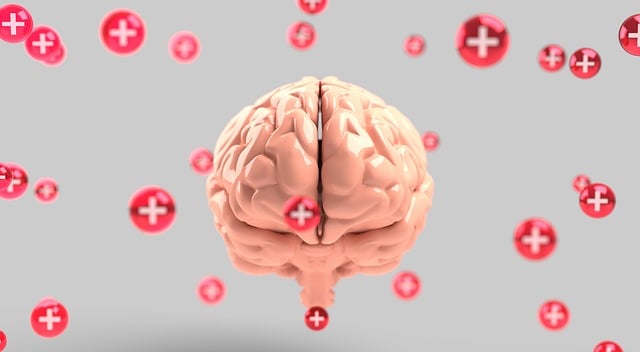Colorado Springs Neuro Disorders Therapy leads the way in transforming mental health care with Crisis Intervention Teams (CITs) that provide specialized support for neuro disorders. These teams, composed of diverse professionals, de-escalate high-risk situations using evidence-based methods and burnout prevention techniques. Through immersive training, role-playing, and regular workshops, CIT members are prepared to handle acute psychotic episodes and traumatic incidents effectively. Continuous education, mindfulness meditation, and self-care routines ensure the long-term success of these teams, fostering a culture of resilience and learning within the mental health community in Colorado Springs. The Mental Wellness Podcast Series highlights these efforts, showcasing the positive impact of effective crisis intervention on mental wellness.
In Colorado Springs, crisis intervention team (CIT) training programs play a pivotal role in enhancing mental health support. These teams, composed of dedicated professionals, are crucial resources for managing neuro disorders and de-escalating crises. This article explores the vital components of CIT training, from understanding team roles and responsibilities in neuro disorders therapy to practical exercises like simulation and role-playing. We delve into continuous education and support, ensuring Colorado Springs residents receive effective crisis management strategies.
- Understanding Crisis Intervention Teams: A Vital Resource in Colorado Springs
- The Role and Responsibilities of Team Members in Neuro Disorders Therapy
- Training Programs: Essential Components for Effective Crisis Management
- Preparing for Real-Life Scenarios: Simulation Exercises and Role-Playing
- Continuous Education and Support: Ensuring Long-Term Success in Colorado Springs
Understanding Crisis Intervention Teams: A Vital Resource in Colorado Springs

In Colorado Springs, Crisis Intervention Teams (CITs) have emerged as a vital resource in addressing mental health crises. These specialized teams, often comprised of trained professionals from various disciplines, including therapists with expertise in neuro disorders, play a crucial role in providing immediate and effective support to individuals facing severe emotional or psychological distress. CITs are designed to de-escalate high-risk situations, offering a peaceful resolution that prevents escalation and potential harm.
With the rising demands on healthcare systems and the ongoing challenges related to burnout prevention strategies for healthcare providers, these teams are indispensable. By integrating burnout prevention techniques into their training programs, CIT members ensure they can offer not only crisis intervention but also promote mental wellness. The Mental Wellness Podcast Series Production highlights the importance of such initiatives, showcasing real-life examples of how effective crisis intervention can transform lives and create a more supportive community in Colorado Springs.
The Role and Responsibilities of Team Members in Neuro Disorders Therapy

In a crisis intervention team, each member plays a crucial role in providing effective support to individuals experiencing neuro disorders. At Colorado Springs Neuro Disorders Therapy, for instance, team members are trained to offer immediate assistance while fostering a safe and nurturing environment. The primary responsibilities include recognizing warning signs of distress, implementing evidence-based interventions, and coordinating with other healthcare providers for comprehensive care. Team members also facilitate communication, ensuring that patients and their families feel heard and understood.
Cultural competency training is an integral part of the program, equipping team members with the skills to offer sensitive and tailored support. By integrating Self-Care Routine Development for Better Mental Health into their practices, they promote mood management and prevent burnout, both essential aspects of long-term patient care. This holistic approach, combined with regular debriefing sessions, enables the team to effectively navigate complex situations and provide high-quality Colorado Springs Neuro Disorders Therapy.
Training Programs: Essential Components for Effective Crisis Management

Effective crisis intervention team training programs are the cornerstone of any robust mental health policy analysis and advocacy system. In Colorado Springs Neuro Disorders Therapy, for instance, specialized training equips teams with essential skills to manage a range of crises, from acute psychotic episodes to traumatic incidents. These programs not only focus on technical aspects like de-escalation techniques and crisis assessment but also prioritize emotional healing processes, fostering an environment where both individuals and teams can thrive in high-pressure situations.
Through immersive simulations and evidence-based practices, these training initiatives ensure that every team member understands their role within the complex tapestry of crisis management. By integrating positive thinking and proactive strategies into their repertoires, participants gain confidence in their ability to navigate challenging scenarios, ultimately enhancing their capacity to provide timely and effective interventions. This holistic approach not only benefits those receiving care but also contributes to a broader culture of resilience within the mental health community.
Preparing for Real-Life Scenarios: Simulation Exercises and Role-Playing

Preparing for real-life scenarios is a cornerstone of crisis intervention team (CIT) training programs in Colorado Springs Neuro Disorders Therapy. Simulation exercises and role-playing allow participants to experience and practice responses to various crises, enhancing their ability to handle high-pressure situations effectively. These interactive methods mimic the intensity and complexity of actual crisis scenarios, providing an immersive learning environment.
Through simulation exercises, CIT team members can explore different roles, test communication strategies, and refine decision-making skills. Role-playing scenarios cover a wide range of mental health challenges, including mood management and burnout prevention, which are critical aspects of risk management planning for mental health professionals. Engaging in these activities ensures that the CIT is well-prepared to provide timely and appropriate interventions, ultimately reducing potential risks and promoting positive outcomes for individuals facing psychological crises.
Continuous Education and Support: Ensuring Long-Term Success in Colorado Springs

In Colorado Springs, ensuring long-term success within crisis intervention team training programs requires a commitment to continuous education and support. Regular workshops and seminars focused on emerging best practices in neuro disorders therapy are vital for keeping professionals updated with the latest techniques. These educational opportunities not only enhance skillsets but also foster a culture of learning that is essential to adapt to the evolving needs of individuals facing mental health crises.
Additionally, integrating practices like mindfulness meditation and promoting self-care routine development for better mental health can significantly prevent burnout among team members. By prioritizing personal well-being, these strategies contribute to sustained productivity and effectiveness in handling crises. Colorado Springs neuro disorders therapy benefits greatly from such holistic approaches, ensuring that intervention teams remain resilient and capable over time.
In conclusion, crisis intervention team training programs play a pivotal role in enhancing the effectiveness of Colorado Springs neuro disorders therapy. By equipping team members with robust skills and knowledge through comprehensive programs, we ensure that real-life crises are met with swift and competent responses. Through simulation exercises and continuous education, these teams are prepared to navigate complex scenarios, ultimately fostering safer and more supportive environments for individuals facing neuro disorders in Colorado Springs.














